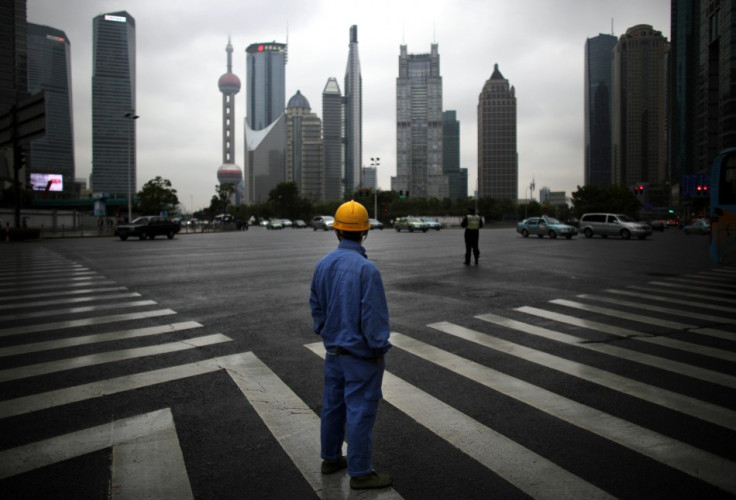China Eases Cross-Border Capital Flow in Shanghai FTZ

China has relaxed rules to allow more cross-border capital flows into the Shanghai free trade zone (FTZ), helping banks and other firms in the zone with greater freedom in foreign exchange.
The official Xinhua news reported that the country eased the rules on 16 May, allowing multinationals to open international and domestic accounts to handle foreign exchange transactions.
Companies operating in the region can now freely transfer foreign capital between their international and offshore accounts. Foreign inflows to and outflows from domestic accounts are still restricted.
Xinhua added that the government has allowed consolidated netting between a company's onshore and offshore entities, significantly reducing the number of transactions and associated costs.
In February, the People's Bank of China allowed the two-way cross-border flow of the yuan in the zone to meet working capital needs. Banks working in the zone noted that they expect the cross-border capital flows to be allowed across the nation, as the cross-border yuan trial has been a success.
"Many firms we are speaking to have shown great interest in the cross-border yuan cash sweeping service and are eager to learn its details, but at this stage it is only available for companies that have a presence in the zone," said Kee Joo Wong, head of global payments and cash management of HSBC Bank China.
"But we believe it is very likely that the cross-border yuan cash sweeping pilot could eventually be rolled out for the rest of China, based on the successful implementation in the zone," Wong added.
The reforms are in line with Shanghai's ambition to become a new regional treasury centre after Hong Kong and Singapore. However, authorities have been extra cautious while loosening their grip over China's financial systems in the free trade zone
China opened the Shanghai free trade zone in September, as the world's second-largest economy is looking to test major economic reforms after having started liberalising its market in the 1980s.
© Copyright IBTimes 2025. All rights reserved.






















